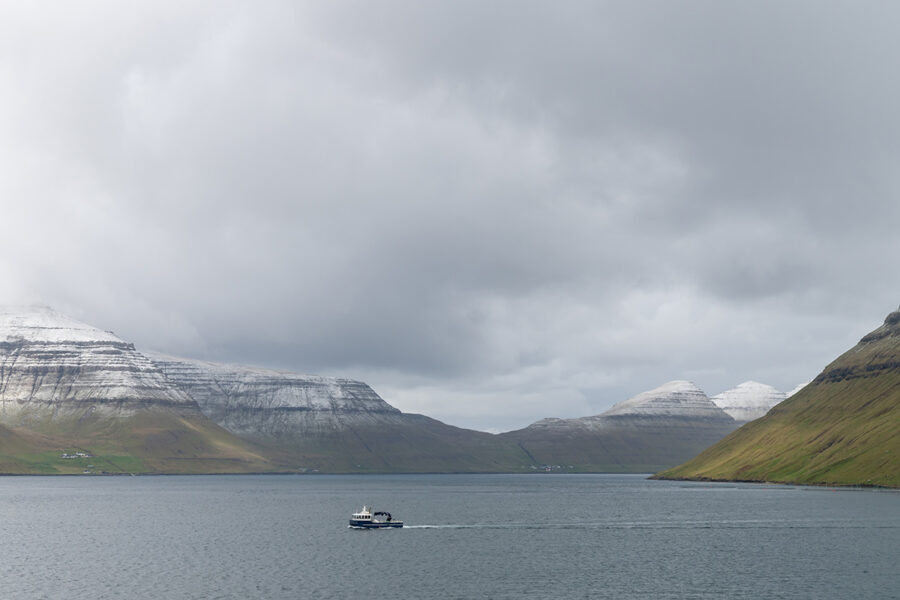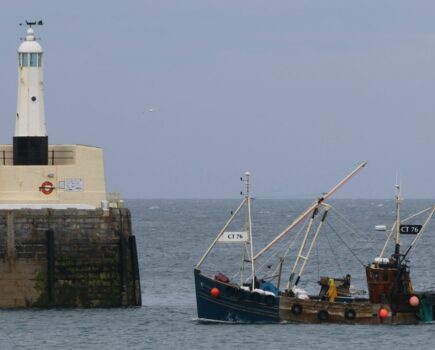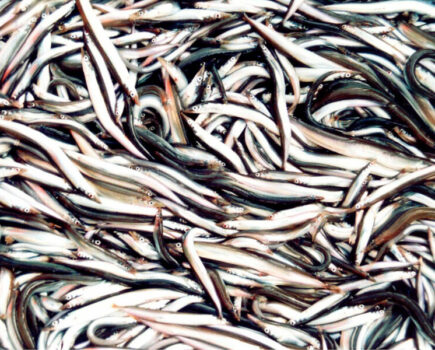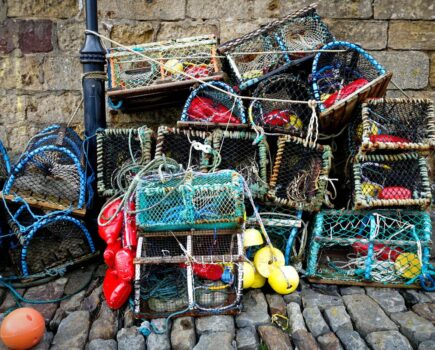A 2024 fisheries deal has been agreed between the UK and Faroe that sees the UK able to access over 2,200t in Faroese waters (area Vb), including haddock and saithe.
It was welcomed by the Scottish White Fish Producers’ Association (SWFPA) as ‘very positive for us’.
The agreement will see UK vessels able to catch 920t of haddock and cod and 600t of saithe, as well as redfish, blue ling and ling, flatfish and other species, in area Vb.
However, out of the 920t of haddock and cod, only 276t of cod may be caught, and then as a bycatch only – no directed fisheries for cod are permitted.
Faroe gets 400t of North Sea (area IV) haddock, and may request a quota review meeting once it has fished at least 90% of this amount.
Also, if requested by Faroe no later than 15 June, the two countries will meet to discuss an additional transfer of up to 1,600t of North Sea haddock to Faroe – which would bring the total transfer to 2,000t – and corresponding further transfers of stocks from Faroe to the UK.
Faroese vessels fishing North Sea haddock must be longliners, and no more than four Faroese vessels can target haddock in the North Sea at any one time. But there is no limit to the total number of Faroese vessels that may target the quota over the course of the year.
Faroe also gets 100t of ling and 250t of blue ling in areas VI and VII, while UK vessels can catch 180t of combined ling and blue ling quota in Faroese waters (Vb).
The 2023 deal with Faroe saw the UK industry receive over 2,500t of fishing opportunities including cod, haddock and saithe.
The agreement will mainly benefit larger Scottish whitefish vessels. About 12 vessels normally fish at Faroe at various times of the year, giving them additional fishing opportunities and easing the pressure on UK quotas.
Mike Park, chief executive of the SWFPA, said the amount of fish available was a bit less than last year, but the association was pleased the deal had been agreed.
“Some of larger vessels now have additional opportunities outside UK waters which is always a good thing – especially at a time when the monkfish quotas are depressed, and some other quotas, certainly on the west coast of Scotland, are depressed as well – so it’s very positive for us,” he told Fishing News.
He expected that some of the larger Scottish whitefish vessels would be heading for Faroese waters as soon as they received their licences.
Fisheries minister Mark Spencer said: “This builds on the strong deals that the UK has already concluded with the EU and Norway for 2024, negotiating as an independent coastal state to support a profitable and sustainable UK fishing industry, while safeguarding our marine environment for future generations.
“Leaving the EU has meant that the UK has been able to seize post-Brexit freedoms, negotiating deals which are in the best interests of the UK fishing industry.
“The agreement highlights both parties’ continued commitment to manage fisheries sustainably and support the long-term viability of stocks.
“Throughout the negotiations, the UK government worked closely with the devolved administrations to ensure that all fishing communities across the UK will benefit from the agreement.”
The agreement also reconfirms the UK and Faroese commitments to co-operate on monitoring, control and surveillance measures, as well as scientific co-operation.
The two countries agreed to continue to co-operate on scientific matters of mutual interest related to commercial pelagic, demersal and deep- sea stocks and their associated ecosystems.
The agreed record for the negotiations can be viewed here.
This story was taken from the latest issue of Fishing News. For more up-to-date and in-depth reports on the UK and Irish commercial fishing sector, subscribe to Fishing News here or buy the latest single issue for just £3.50 here.
Sign up to Fishing News’ FREE e-newsletter here.








